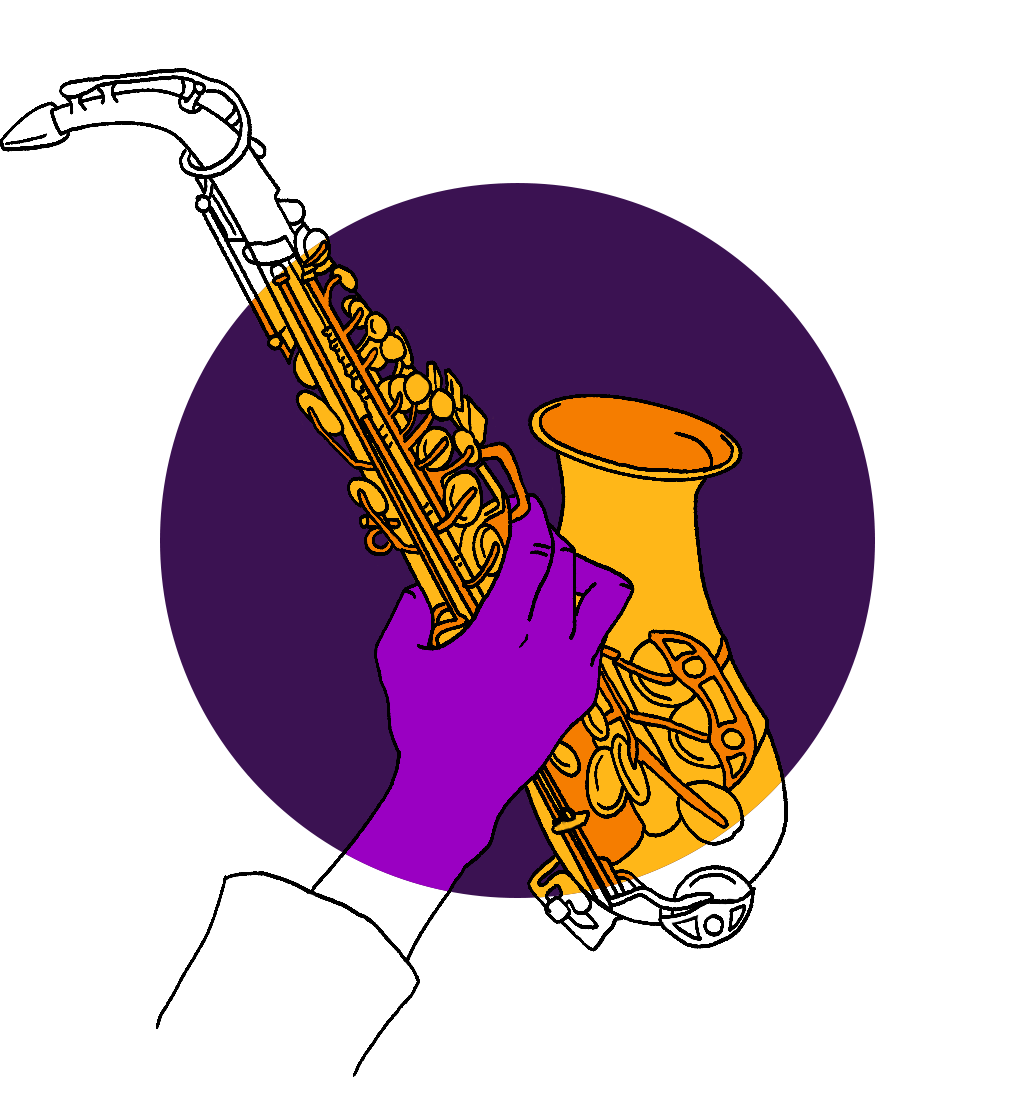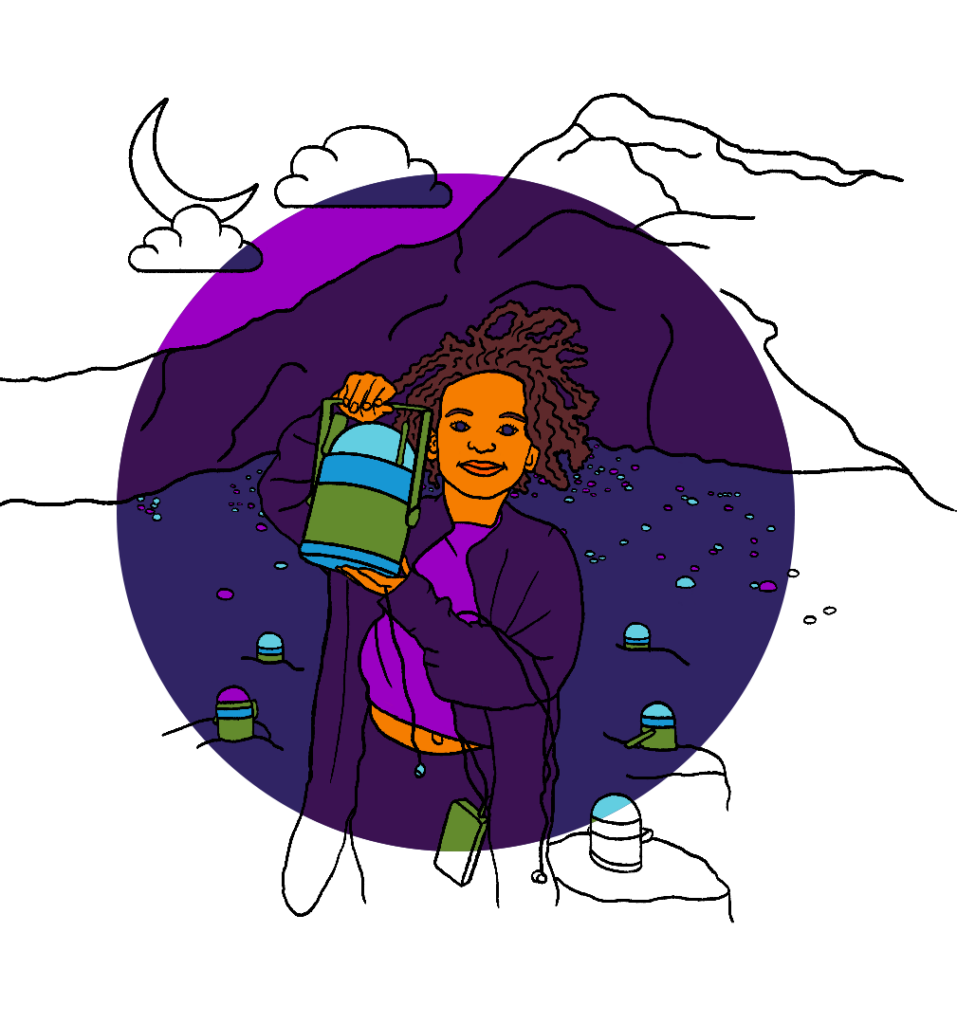A project that brings together music students and people experiencing challenges such as homelessness is producing beautiful music and transforming participants’ lives.
‘The power of music’ is perhaps a cliché, but in my profession I see the impact music has on vulnerable individuals every day – and it is profound; in some cases, life-changing.
In 2019 I set up my community interest company, MetamorPhonics CIC, with the core objective of using music to empower people wrestling with significant life challenges such as addiction, mental health issues and homelessness to become independent, active and valued members of society. I had worked in a wide array of social environments in my career spanning 20 years as a creative music workshop leader. I had taught and led a masters programme in higher education at the Guildhall School of Music and Drama since the late 1990s and at the Iceland University of the Arts since early 2000. However, the time had come for me to set up my own independent venture, building on the strong relationships I had forged with my existing employers and other collaborative partners.
Now in its third year of operation, MetamorPhonics runs bands, each with their own identity, in London, Leicester, Los Angeles and Iceland, set up in collaboration with higher education institutions,orchestras, occupation rehabilitation centres and/or homeless charities. The bands are led by highly experienced professional music leaders and focus on collective and collaborative composition processes, resulting in high-quality music, created and owned collectively by all band members.
Our unique project model stems from the combination of music students and people with lived experience of the above challenges, and the way we support both groups in taking next steps towards independent, fulfilling futures. Each band’s membership is a 50/50 split of students in higher education and people in recovery. The bands are structured non-hierarchically, with members working together to write original music, regardless of their dramatically different life stories, ages and musical backgrounds.
Throughout that first morning, people arrived, in some cases needing encouragement with a cup of tea and a promise that we would not make them play anything
The programme originated from a project I set up in my role at the Guildhall School of Music and Drama in 2012. The Messengers was originally established in collaboration with St Mungo’s Homeless Charity. The first project took place in a community centre in East London, where we worked with five music students and drummer and music producer Guy Wampa-Wood and hoped to be joined by members of the St Mungo’s Recovery College. Throughout that first morning, people arrived, in some cases needing encouragement with a cup of tea and a promise that we would not make them play anything. But when the drums kicked in there was no turning back. Three days later we invited a small audience to attend an informal sharing, where the group performed 20 minutes of original music, completely co-created.
The Messengers went from strength to strength. Meeting three times a year, the group became prolific in its composition process, writing several new compositions in each rehearsal block. In 2016, the group was approached by Luaka Bop, David Byrne’s record label in New York, to collaborate with its artist, Doug Hream Blunt. The band and Doug worked together for three days and collectively wrote four pieces of music, which they performed on the main stage of the music festival Field Day. A year later, Doug returned to London to record the songs with The Messengers and perform at the Jazz Café in Camden and at Walthamstow Garden Party, an outdoor festival in East London, attended by tens of thousands of people.
At that stage, I knew this project needed to go further. This was something that could be recreated in different places – and so, MetamorPhonics was made.
Our biggest operation is currently in Iceland, where we work with a network of occupation rehabilitation centres, Iceland University of Arts (IUA), Reykjavik Music City and the Iceland Symphony Orchestra. We run bands in three (soon to be six) occupation rehabilitation centres in different parts of the country, each band meeting twice a year. Participants are invited to apply to become members of Korda Samfónía – the collective big band, whose members are people in recovery, students from IUA and players from the Iceland Symphony Orchestra. In 2021, its first year of operation, Korda Samfónía met for 10 days. On the project’s 10th day, the band performed 60 minutes of original music to a socially-distanced audience of 500 in Iceland’s most prestigious music venue, Harpa. The performance was nominated by the Icelandic Music Awards as Event of the Year in the pop, rock, rap and hip hop category. The performance was recorded and, in 2022, Korda Samfónía’s debut album Ég sé þig (I See You) was released.

MetamorPhonics is now developing a traineeship scheme in Iceland, supported by the national network of occupation rehabilitation centres. We have three trainees on board, who support the delivery of all the projects, attend music leadership training courses and receive individual and group mentoring.
After their first year of involvement, we conducted individual interviews with the trainees to hear more about their experience. We were moved by their incredible stories and delighted to hear about the extent of the programme’s impact for them. The trainees agreed that they now see themselves in a different light. They feel more aware of their own strengths and talents and have surprised themselves with their own achievements. They have changed their ideas of what the future might hold and have taken practical steps to change their trajectories. They all speak of a dramatically improved state of mental health, more positive self-image, excitement for the future and new-found joy in life. They all have a passion for making music accessible to more people, having experienced just how dramatically it has transformed their own lives.
Music making goes far beyond the act of creating soundtracks for people to enjoy. I hope you will agree with me when I say: the power of music is real, and it changes lives.








